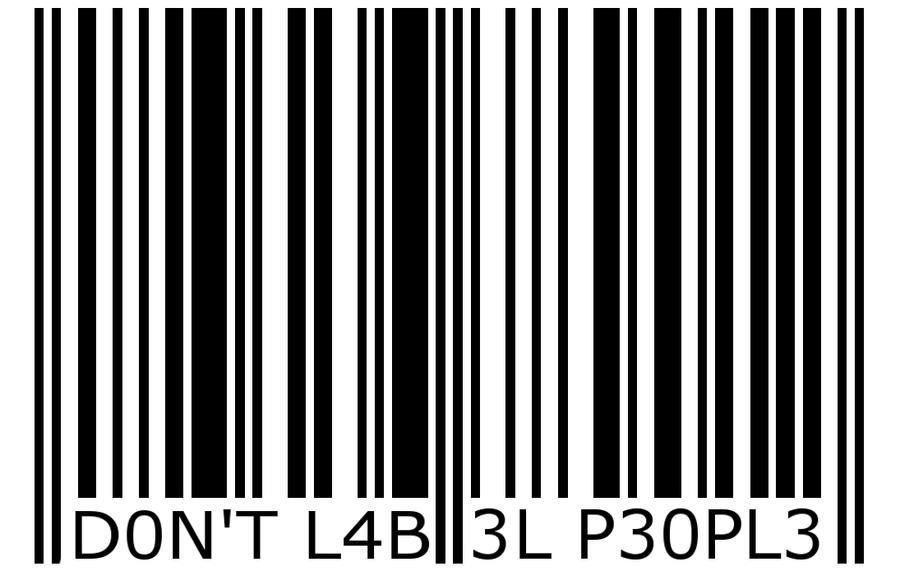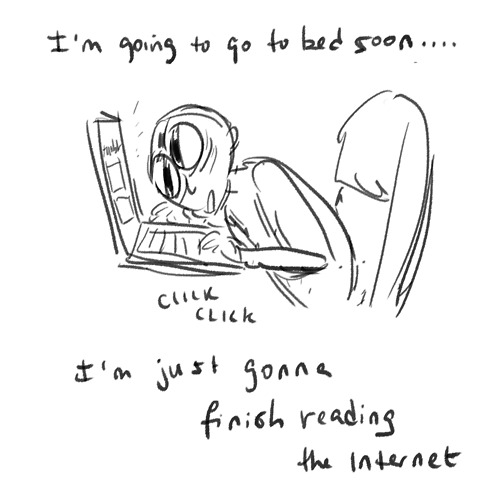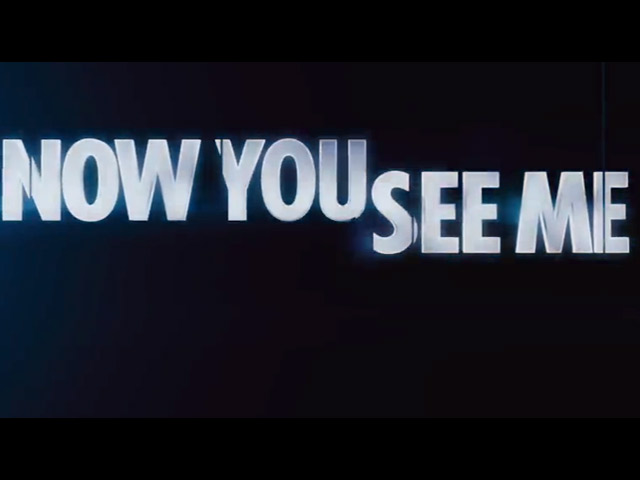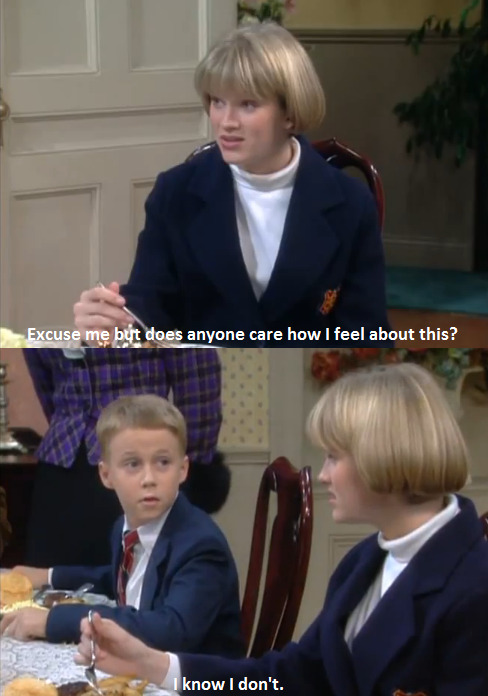My nephew, so very little, can flick his fingers with remarkable dexterity when playing "Fruit Ninja." I am constantly re-amazed how with almost adult assurance he can summon the game, his face bored with lack of effort.
This new generation, that has been born into glowing screens and constant distraction, have it differently than we did. The ancient television that we kids squabbled over needed pliers to change the channel (Ma had the newer model with functioning remote). Car rides were just plain tedious and nausea-inducing. Shopping trips? Sheer hell, for both parent and child.
Yes, as a lover of sweet, sweet TV, I who ran home to watch "Batman: The Animated Series" and "Wishbone," can't really sniff in condescension at these kids who have never known a moment's stillness.


I must say, television was wonderfully educational. Because of a little dog with an overactive imagination, I knew all the classics without having to read them. I cannot be anti-television. But there was always limits due to the fact that that wondrous box was immovable, bound to the house.
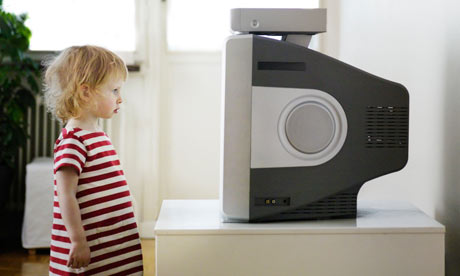
Steve Almond's article, "My Kids are Obsessed with Technology, and It's All My Fault," expresses his worries quite well. A child television addict, he decided he didn't want his children to be hooked to constant 2-D entertainment the way he was.
This is the moment we live in, the one our childhoods foretold. When I see Josie clutching her grandmother’s Kindle to play Angry Birds for the 10th straight time, or I watch my son stuporously soaking up a cartoon, I’m really seeing myself as a kid — anxious, needy for love but willing to settle for electronic distraction to soothe my nerves or hold tedium at bay.
It's how the shallow is utilized, at the expense of reality.
Back in the day, when my folks snapped off the TV and exhorted us to pick up a book or go outside and play, they did so with a certain cultural credibility. Everyone knew you couldn’t experience the “real world” by sitting in front of a screen. It was an escape. Today, screens are the real world, or at least the accepted means of making us feel a part of that world. And they can no longer be written off as mind-rotting piffle. “The iPad is an educational tool, Papa!” Josie declared last month, after hearing me grouse about Apple’s efforts to target the preschool demographic.
Except now the real world is the technological one. Almond's daughter began to read heavily with the iPad's coaxing. I was the know-it-all kid in school because of PBS, and even Batman got some knowledge in.
In the course of mulling this question, I stumbled across an odd trove of videos (on YouTube, naturally) in which parents proudly record their babies operating iPads. One girl is 9 months old. Her ability to manipulate the touch screen is astonishing. But the clip is profoundly eerie. The child’s face glows like an alien as she scrolls from app to app. It’s like watching some bizarre inverse of Skinner’s box, in which the child subject is overrun by choices and stimuli. She seems agitated in the same way my kids are after “quiet time” — excited without being engaged.
To engage, interact—that cannot be executed with an unfeeling computer chip. What is truly worth experiencing will be only with the tangible.
Because aren’t we just kidding ourselves? When we whip out our smartphones in line at the bank, 9 times out of 10 it’s because we’re jonesing for a microhit of stimulation, or that feeling of power that comes with holding a tiny universe in our fist.
The reason people turn to screens hasn’t changed much over the years. They remain mirrors that reflect a species in retreat from the burdens of modern consciousness, from boredom and isolation and helplessness.
When I'm miserable, I turn to television, not Häagen-Dazs. By keeping things light and entertaining, maybe the depths of my anguish can be lessened. But Louis C.K. had this great bit on "Conan" about just this. Louis being Louis, vulgarity will have to get in there—I am warning my audience—but for those willing to brave it, he is still very much worth hearing.



